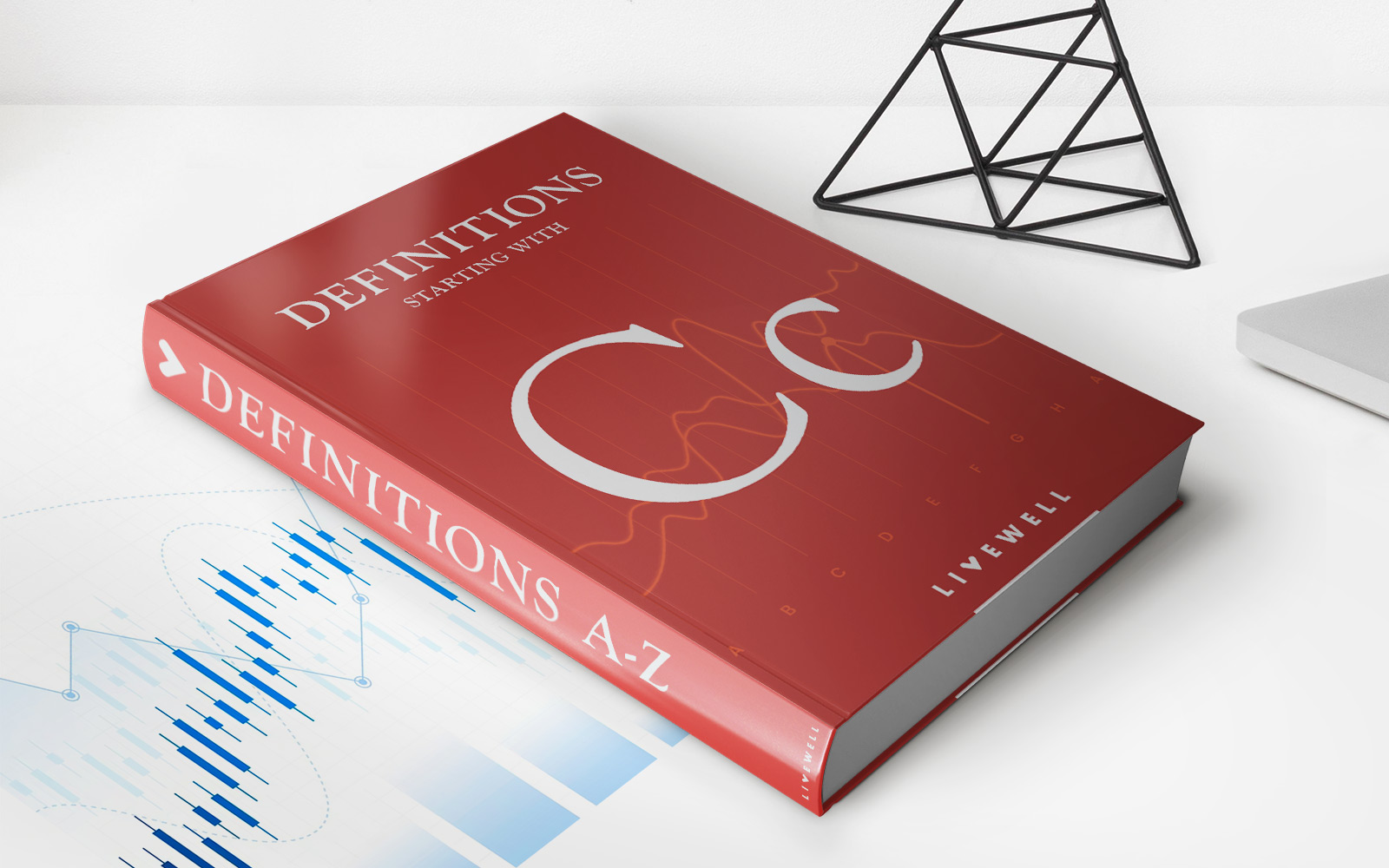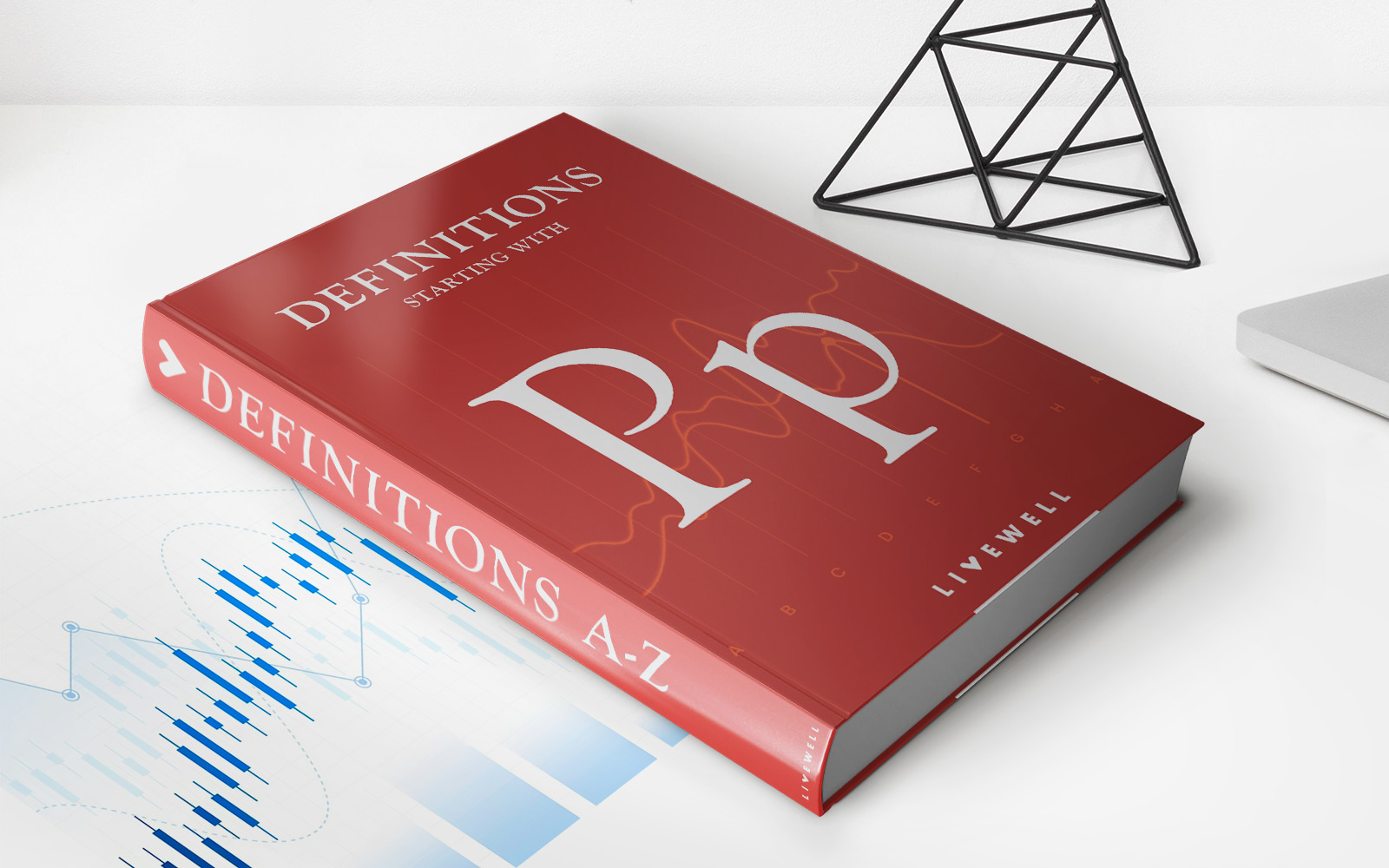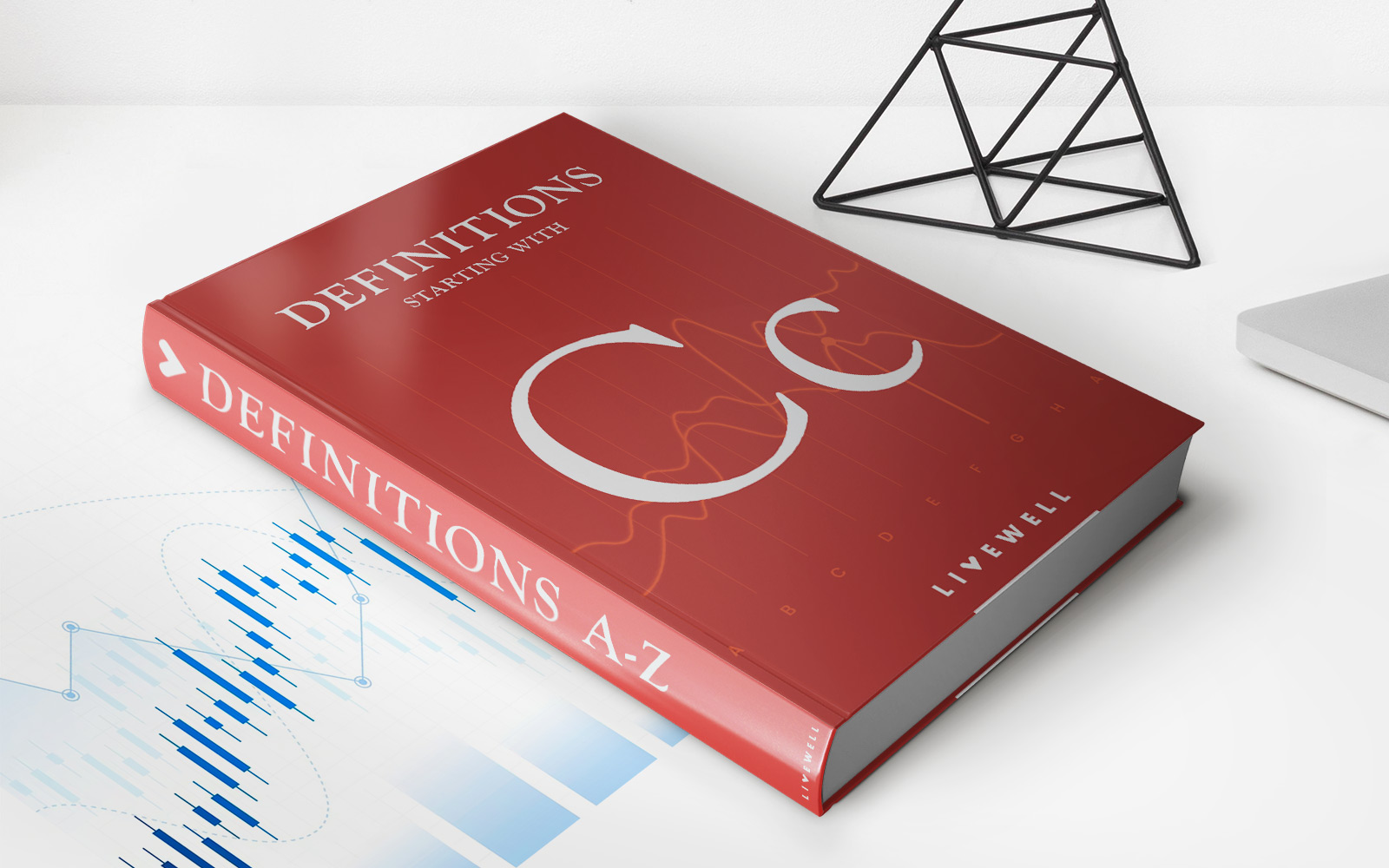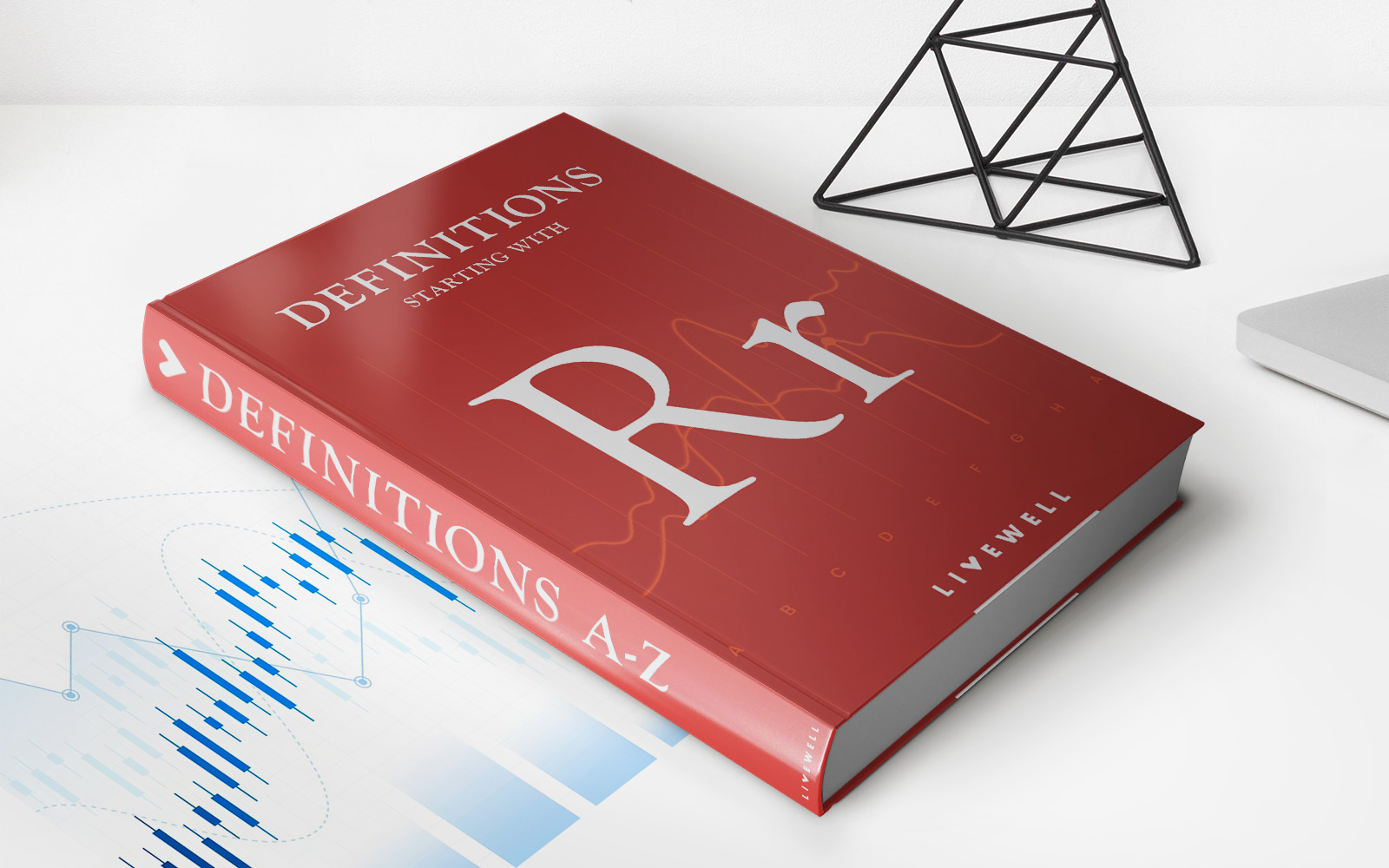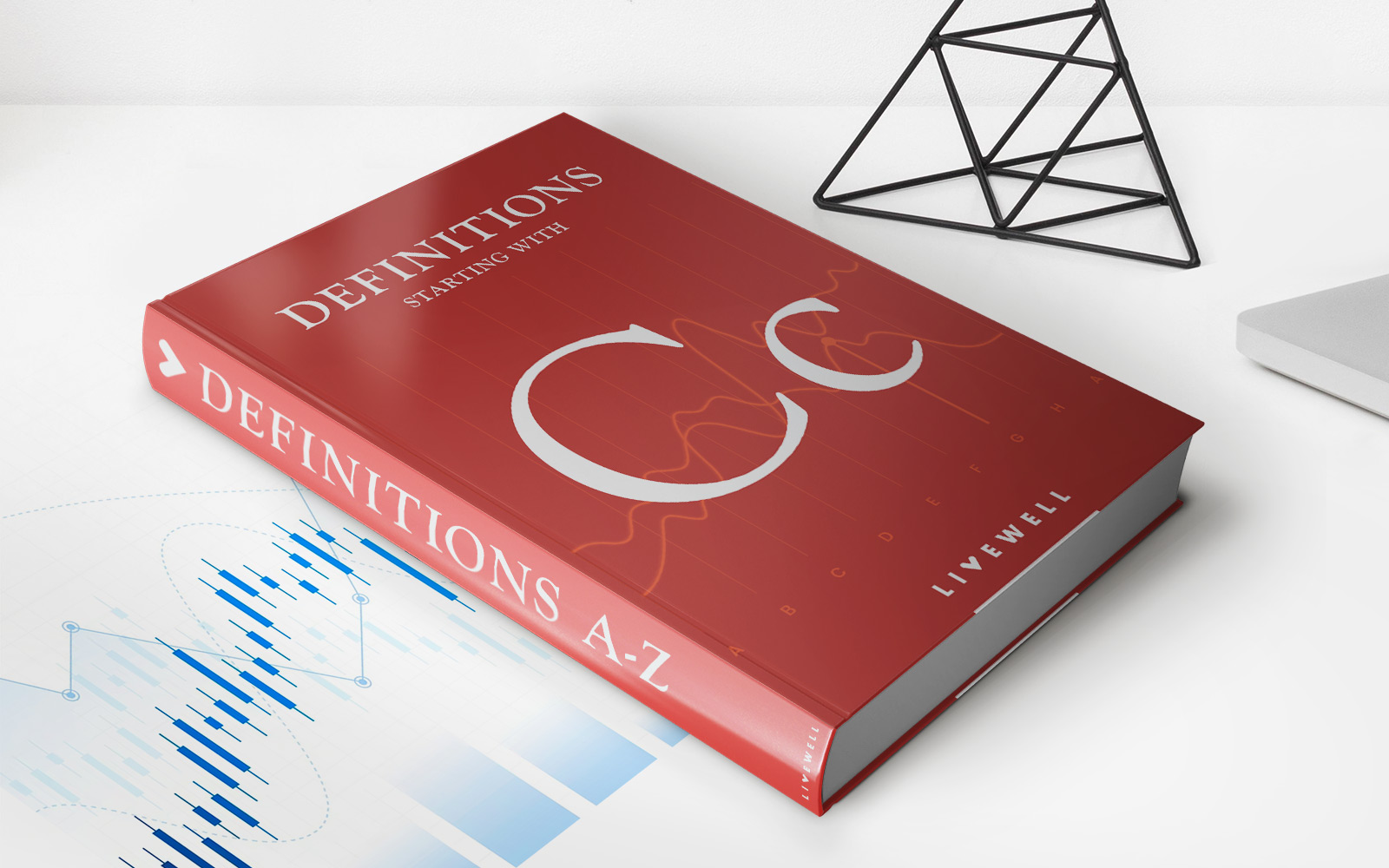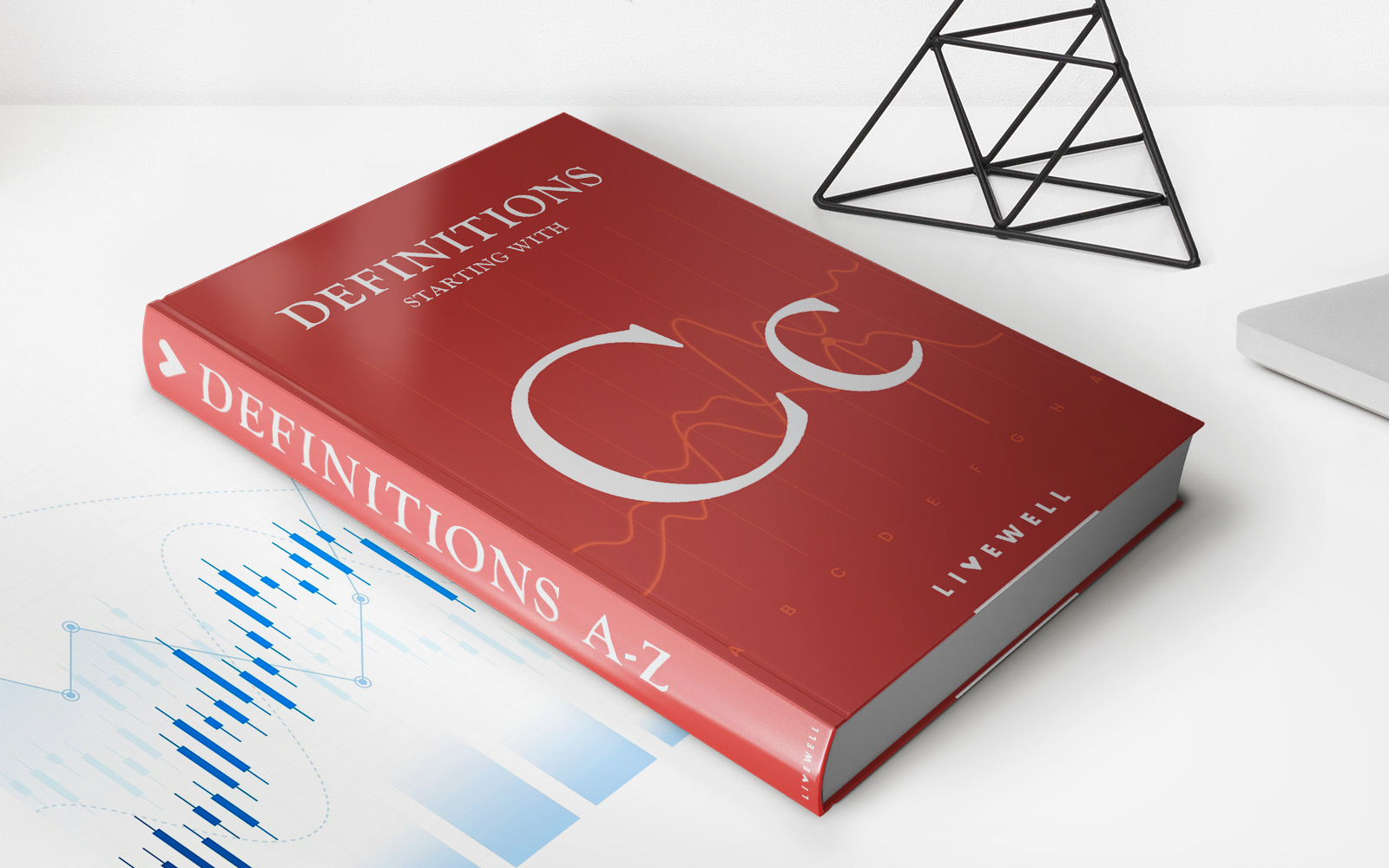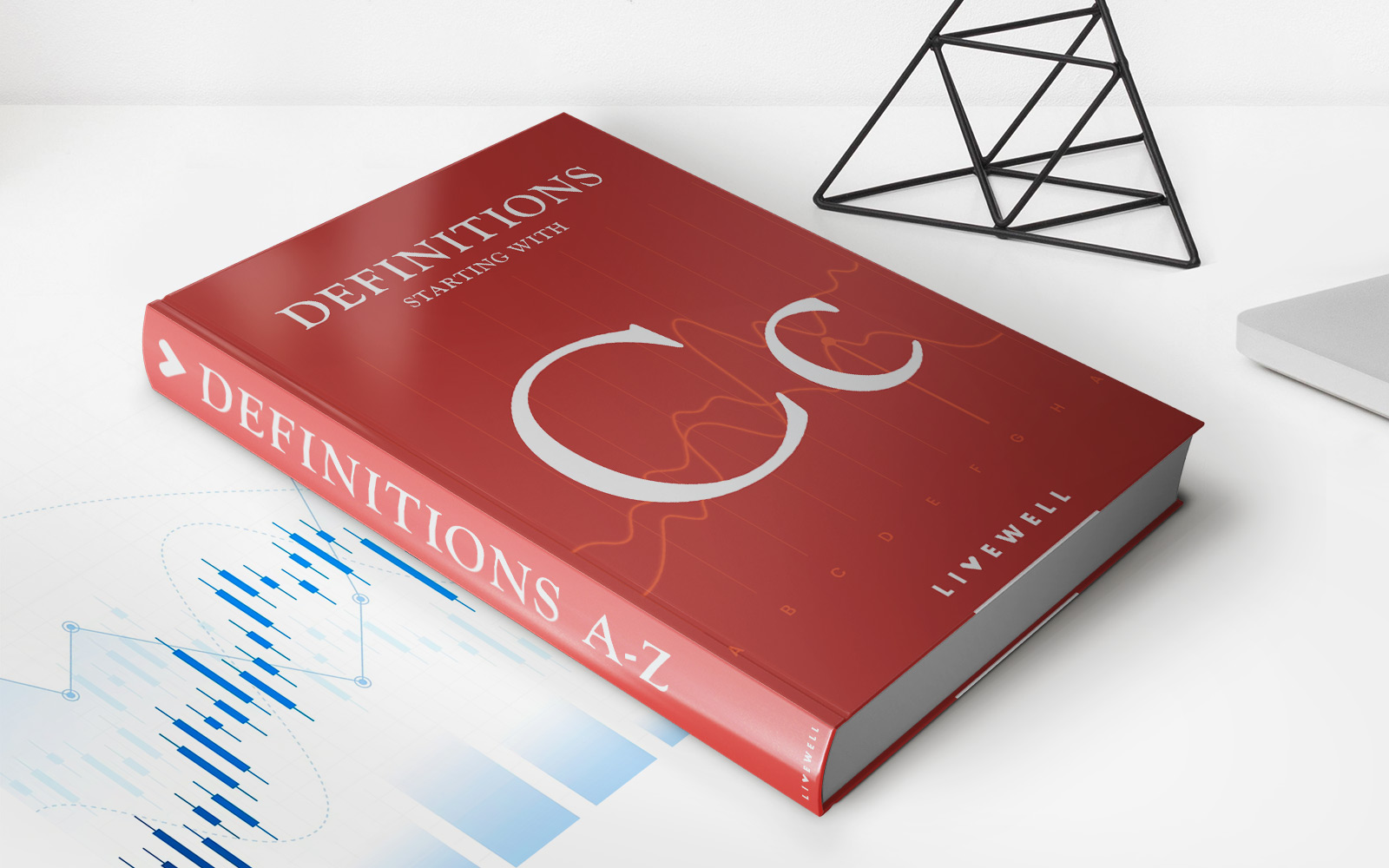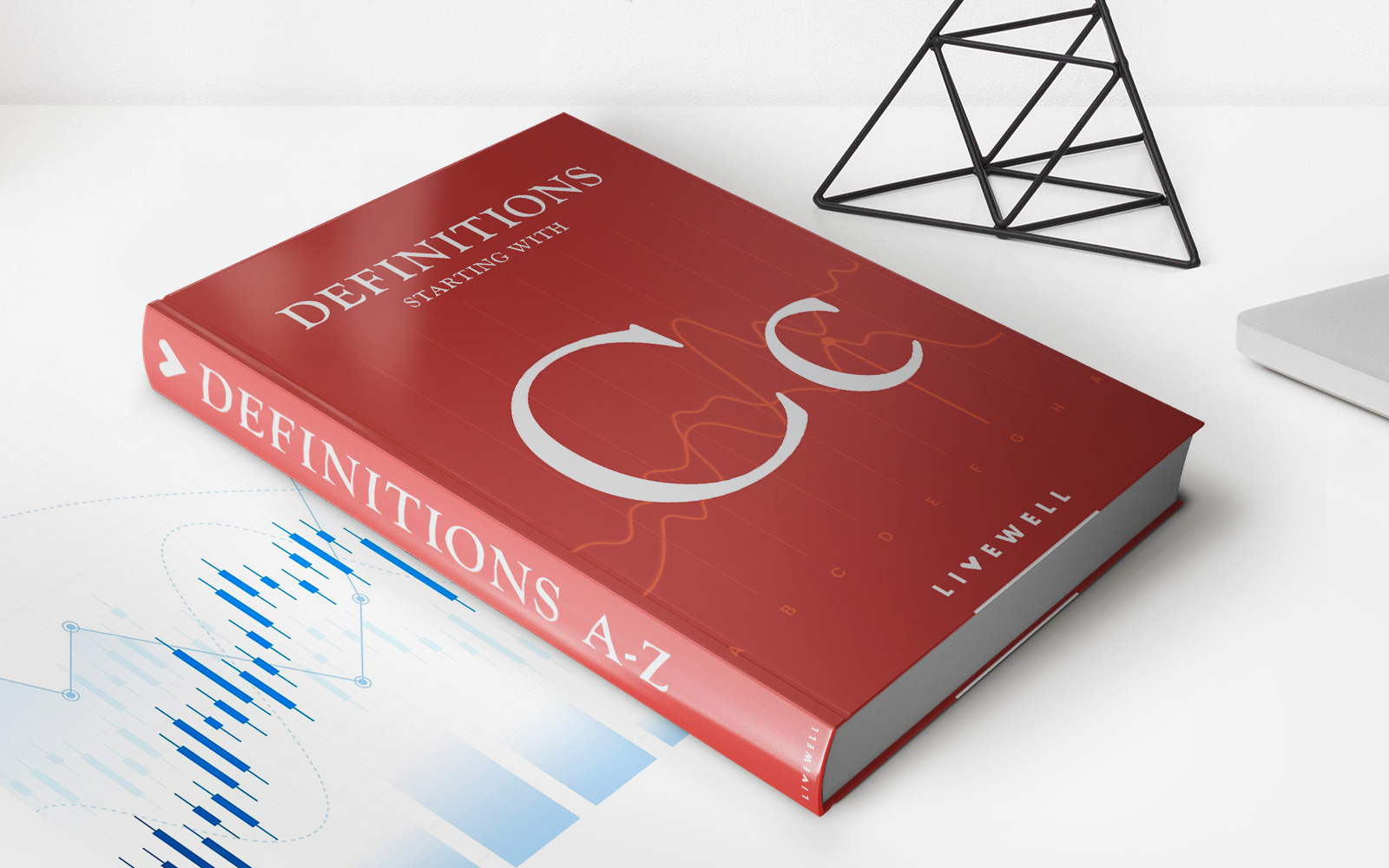

Finance
Imperfect Competition Definition
Published: December 7, 2023
Learn the definition of imperfect competition in the field of finance and understand its implications on market dynamics and pricing strategies.
(Many of the links in this article redirect to a specific reviewed product. Your purchase of these products through affiliate links helps to generate commission for LiveWell, at no extra cost. Learn more)
Imperfect Competition: Understanding the Dynamics in the Financial Market
Welcome to another informative post in our Finance category! Today, we will dive into the fascinating world of imperfect competition in the financial market. Have you ever wondered why some industries have fierce competition, while others seem to operate without any major rivalry? In this post, we will demystify what imperfect competition is all about and explore how it affects various financial sectors. So, let’s explore this concept further and gain a deeper understanding of how it influences the dynamics of the financial market.
Key Takeaways:
- Imperfect competition refers to a market structure where multiple firms coexist but have varying degrees of market power.
- It can result in price manipulation, product differentiation, and entry barriers, affecting consumer choices and market efficiency.
Demystifying Imperfect Competition
Imperfect competition is a term used to describe a market structure that falls between the two extremes of perfect competition and monopoly. In a perfectly competitive market, there are numerous sellers and buyers, and no single entity has the power to influence market prices. On the other hand, in a monopoly, a single firm dominates the market, controlling prices and limiting competition.
In imperfect competition, multiple firms coexist, but they are not equal in terms of market power. Some firms may have a larger market share, stronger brand presence, or the ability to influence prices and control supply. This disparity in power gives rise to various dynamics that shape the behavior of firms and the overall market.
So, let’s explore some key points that help illustrate the impact of imperfect competition on the financial market:
1. Product Differentiation:
In an imperfectly competitive market, firms often resort to product differentiation as a strategy to stand out from their competitors. By offering unique features, superior quality, or enhanced customer experiences, companies try to capture a larger market share and create a more loyal customer base. This differentiation can lead to increased competitiveness and innovation, but it can also limit consumer choices and result in higher prices.
2. Barriers to Entry:
Imperfect competition often creates barriers to entry for new firms. Existing players may have established relationships with suppliers, distribution channels, or strong customer loyalty, making it difficult for new entrants to compete effectively. This limited competition can lead to reduced efficiency in the market, as firms with market power may enjoy higher profit margins without the pressure to innovate or lower prices.
3. Price Manipulation:
In imperfectly competitive markets, firms with market power have the ability to influence prices. They may engage in tactics such as price fixing or predatory pricing to manipulate market conditions in their favor. This is often detrimental to consumers, as it limits their choices and can result in higher prices overall.
Conclusion
In conclusion, understanding imperfect competition is crucial for grasping the dynamics of the financial market. It sheds light on the strategies employed by firms, the impact on consumer choices, and overall market efficiency. By differentiating their products, erecting barriers to entry, or manipulating prices, firms with market power shape the competitive landscape and influence the market’s behavior.
While imperfect competition may limit competition and increase prices, it also drives innovation and the pursuit of differentiation. It is essential for policymakers, market participants, and consumers to be aware of these dynamics to ensure a balanced and fair marketplace that benefits all stakeholders.
Thank you for joining us in this exploration of imperfect competition in the financial market. Stay tuned for more insightful blog posts in our Finance category!
